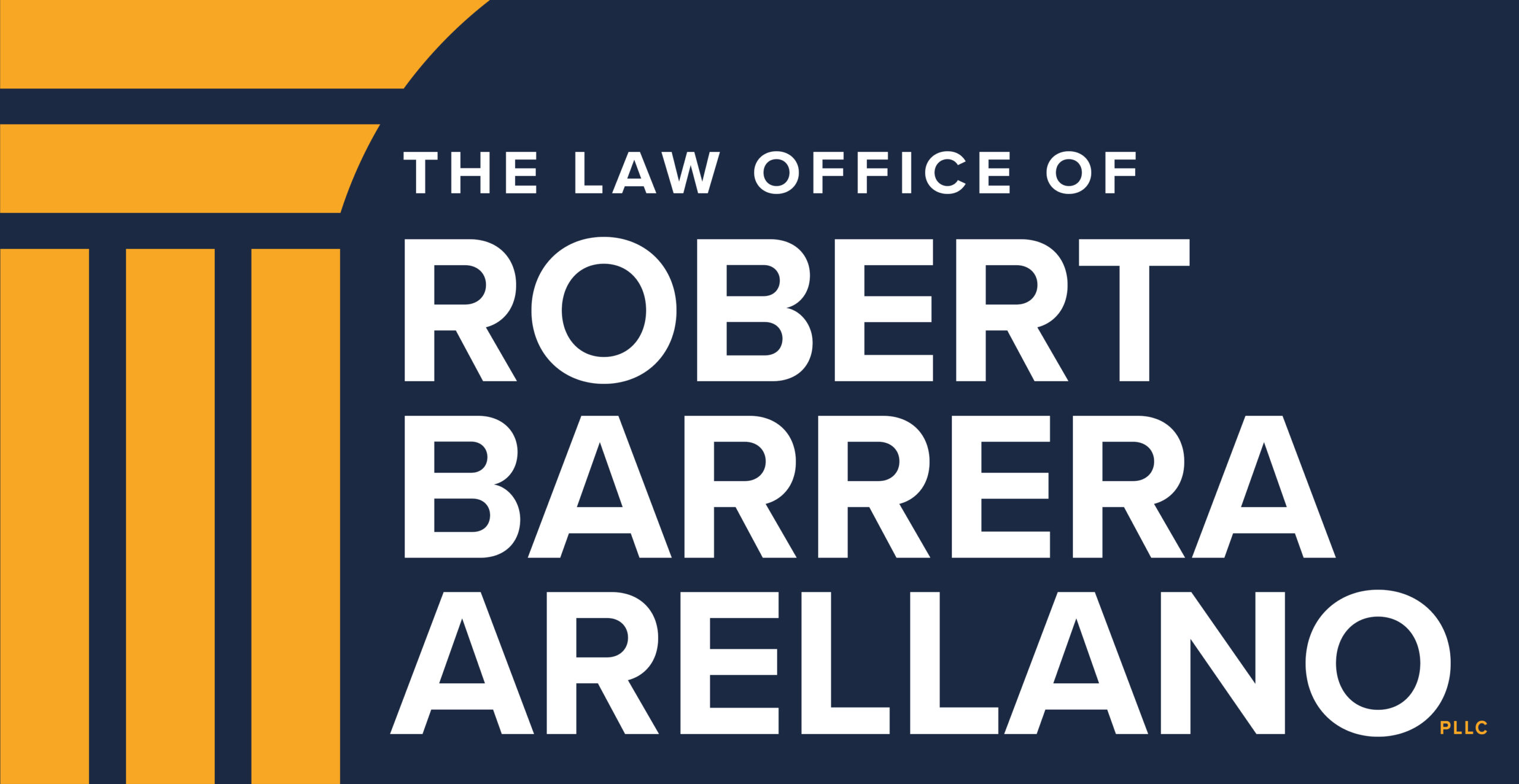
ASSAULT BLOG
WHAT IS SIMPLE ASSAULT?
Simple Assault in Texas refers to intentionally, knowingly, or recklessly causing bodily injury to another person, threatening someone with imminent harm, or causing physical contact with someone in an offensive manner. Although these actions may seem minor, they can still lead to criminal charges.
Legal Definition of Simple Assault
Texas law defines Simple Assault under Penal Code Section 22.01. Simple Assault involves either:
Causing bodily injury to someone.
Threatening someone with harm.
Making offensive physical contact with someone (such as unwanted touching).
Types of Simple Assault Offenses
Simple Assault can be classified into three primary categories:
Assault by Threat: Threatening harm without actual physical contact.
Assault by Contact: Unwanted touching or physical contact with another person.
Assault Causing Bodily Injury: This involves actual physical injury to another person.
Penalties for Simple Assault in Texas
Simple Assault is typically classified as a Class A misdemeanor, which could result in:
Up to one year in jail.
Fines up to $4,000.
Probation or community service.
However, if the assault occurs in specific circumstances, such as against a family member or a public servant, the charges may escalate to a more serious offense.
WHAT IS AGGRAVATED ASSAULT?
Aggravated Assault is a more serious charge and carries harsher penalties. It involves the use of a deadly weapon or causing serious bodily injury to another person.
Legal Definition of Aggravated Assault
Under Texas Penal Code Section 22.02, Aggravated Assault occurs when someone commits Simple Assault and:
Causes serious bodily injury to another person, or
Uses or exhibits a deadly weapon during the assault.
Key Factors That Elevate Assault to Aggravated Assault
Aggravated Assault charges are typically more severe because of the involvement of:
Deadly Weapons: This can include firearms, knives, or even cars if used recklessly.
Serious Bodily Injury: This includes injuries such as broken bones, gunshot wounds, or injuries that could lead to permanent disfigurement or death.
Penalties for Aggravated Assault in Texas
Aggravated Assault is a second-degree felony in Texas, punishable by:
2 to 20 years in prison.
Fines up to $10,000.
If the victim is a public servant or a family member, the charges can be elevated further to a first-degree felony, which carries even more severe penalties.
KEY DIFFERENCES BETWEEN SIMPLE ASSAULT AND AGGRAVATED ASSAULT
While both Simple Assault and Aggravated Assault involve causing harm to others, the main differences lie in the intent, the severity of the injury, and the involvement of deadly weapons.
Intent and Severity of the Offense
Simple Assault may involve less severe actions, such as a minor injury or a verbal threat.
Aggravated Assault typically involves more significant harm, such as severe injuries or the use of deadly weapons.
Role of Weapons in Aggravated Assault
In Simple Assault, weapons are not typically involved, whereas Aggravated Assault involves the use of deadly weapons or the infliction of serious bodily harm.
Potential Injuries and Their Impact on the Charges
Simple Assault usually leads to minor injuries or no injury at all, while Aggravated Assault can result in life-threatening injuries that carry far more severe legal consequences.
LEGAL DEFENSES FOR SIMPLE AND AGGRAVATED ASSAULT
There are several defenses that may apply to both Simple and Aggravated Assault charges, including:
Self-Defense in Assault Cases
If you were acting in self-defense or defending others, this may be a valid defense to assault charges.
Consent and Other Defenses
In some cases, the victim may have consented to the physical contact (such as in sports). Other defenses include a lack of intent to harm or mistaken identity.
The Role of Intent and Recklessness
For both charges, it is crucial to understand that the intent behind the act can influence the severity of the charge. If the injury was caused recklessly or without malicious intent, it could affect the outcome.
WHAT TO DO IF YOU ARE FACING ASSAULT CHARGES
If you are facing Simple or Aggravated Assault charges, it is essential to take immediate action. Contacting an experienced criminal defense attorney is crucial to ensure that your rights are protected and that you receive a fair trial.
Importance of Contacting an Experienced Attorney
A knowledgeable lawyer can help you understand the charges against you, explain your options, and develop a strong defense strategy.
How to Protect Your Rights
Protecting your rights includes remaining silent when questioned by law enforcement, avoiding talking about the case with anyone other than your lawyer, and seeking legal counsel as soon as possible.
WHY YOU NEED AN ATTORNEY FOR ASSAULT CHARGES
Facing assault charges can be overwhelming, but an experienced attorney can make a significant difference. A lawyer will help you navigate the legal system, provide defense strategies, and represent you in court.
In summary, while both Simple Assault and Aggravated Assault involve causing harm to others, the severity of the offense and the potential consequences vary greatly. Understanding the differences between these charges is vital in determining your legal strategy. If you’re facing assault charges, reach out to an experienced attorney who can help you protect your rights and navigate the complexities of Texas law.
If you or someone you know is facing Simple or Aggravated Assault charges, don’t wait. Contact The Law Office of Robert Barrera Arellano today for a free consultation. Protect your future with experienced legal representation.

Simple Assault in Texas can result in up to one year in jail and fines up to $4,000. In certain cases, it may be upgraded to a more severe offense.
Yes, if the assault involves a deadly weapon or causes serious bodily injury, the charge can be upgraded to Aggravated Assault.
Simple Assault may involve reckless or unintentional actions, while Aggravated Assault typically involves intentional harm with a deadly weapon or serious injury.
An attorney can help by developing a defense strategy, protecting your rights, and ensuring you receive a fair trial.
Defenses include self-defense, lack of intent, consent, and mistaken identity.